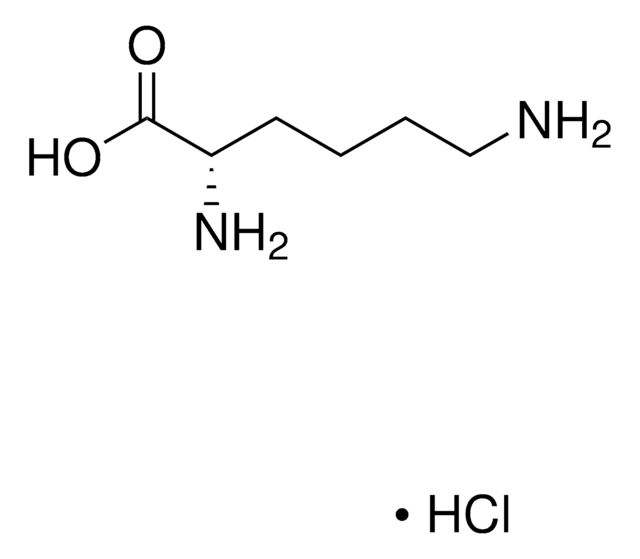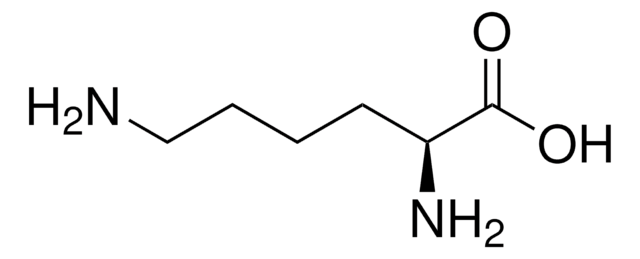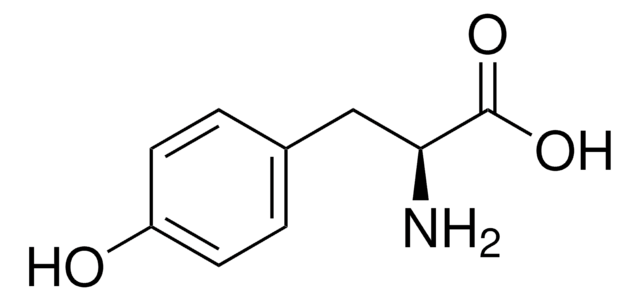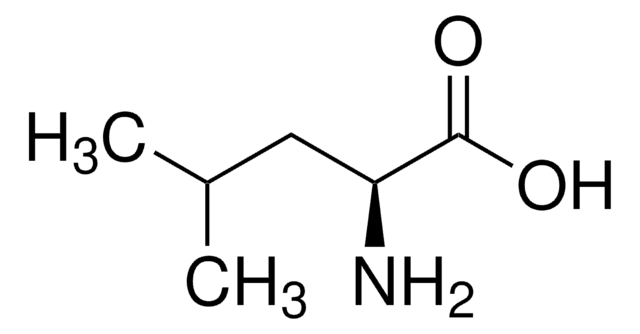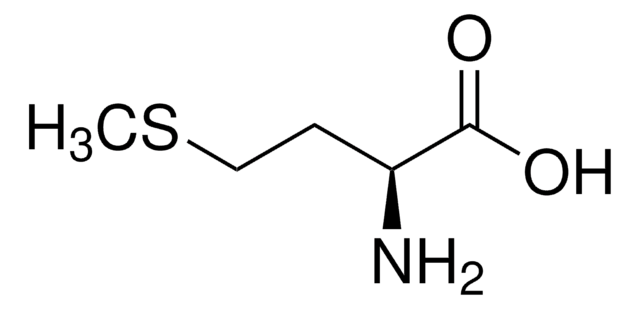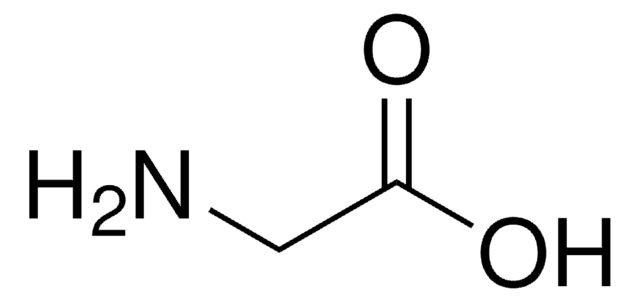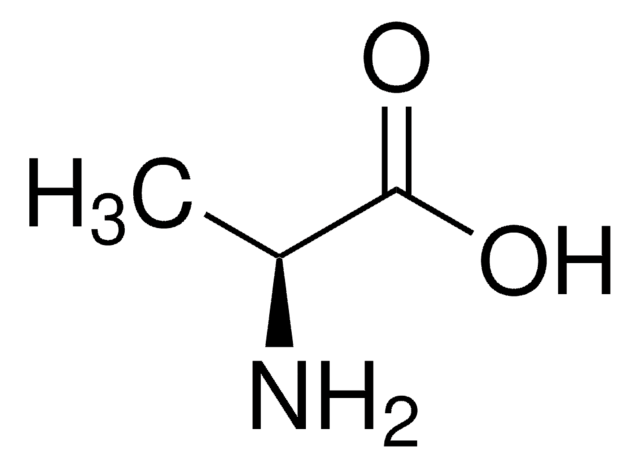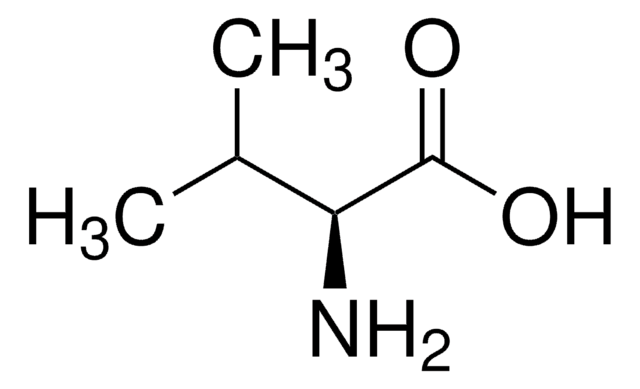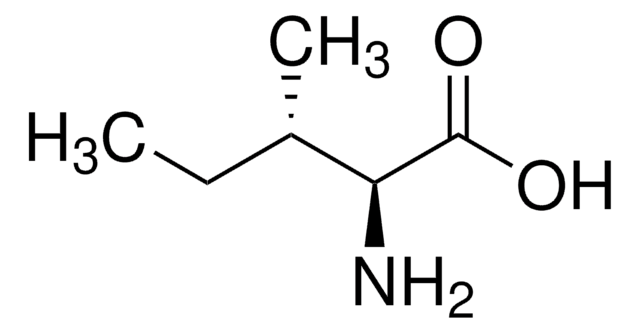PHR1101
L-Lysine monohydrochloride
Pharmaceutical Secondary Standard; Certified Reference Material
Synonym(s):
(S)-2,6-Diaminohexanoic acid monohydrochloride
About This Item
Recommended Products
grade
certified reference material
pharmaceutical secondary standard
Quality Level
Agency
traceable to Ph. Eur. L0900000
traceable to USP 1372005
API family
lysine
CofA
current certificate can be downloaded
technique(s)
HPLC: suitable
gas chromatography (GC): suitable
mp
263 °C (dec.) (lit.)
application(s)
cleaning products
cosmetics
flavors and fragrances
food and beverages
personal care
pharmaceutical (small molecule)
format
neat
storage temp.
2-30°C
SMILES string
OC([C@@H](N)CCCCN)=O.[H]Cl
InChI
1S/C6H14N2O2.ClH/c7-4-2-1-3-5(8)6(9)10;/h5H,1-4,7-8H2,(H,9,10);1H/t5-;/m0./s1
InChI key
BVHLGVCQOALMSV-JEDNCBNOSA-N
Looking for similar products? Visit Product Comparison Guide
General description
Application
Analysis Note
Other Notes
Footnote
Recommended products
related product
Storage Class Code
13 - Non Combustible Solids
WGK
WGK 1
Flash Point(F)
Not applicable
Flash Point(C)
Not applicable
Choose from one of the most recent versions:
Already Own This Product?
Find documentation for the products that you have recently purchased in the Document Library.
Customers Also Viewed
Our team of scientists has experience in all areas of research including Life Science, Material Science, Chemical Synthesis, Chromatography, Analytical and many others.
Contact Technical Service